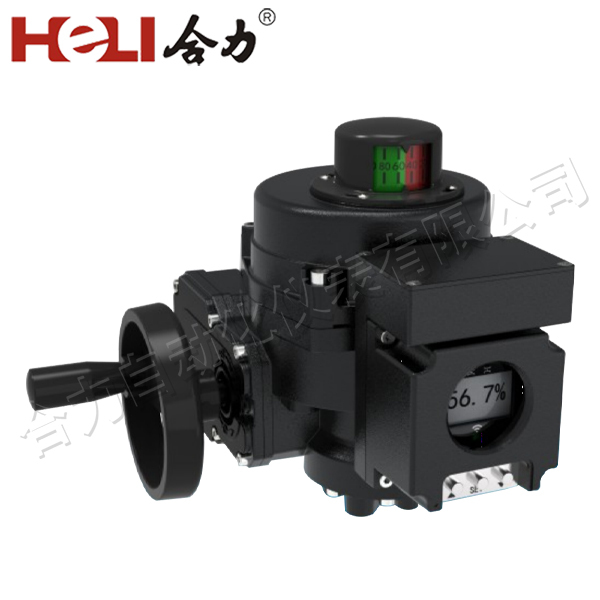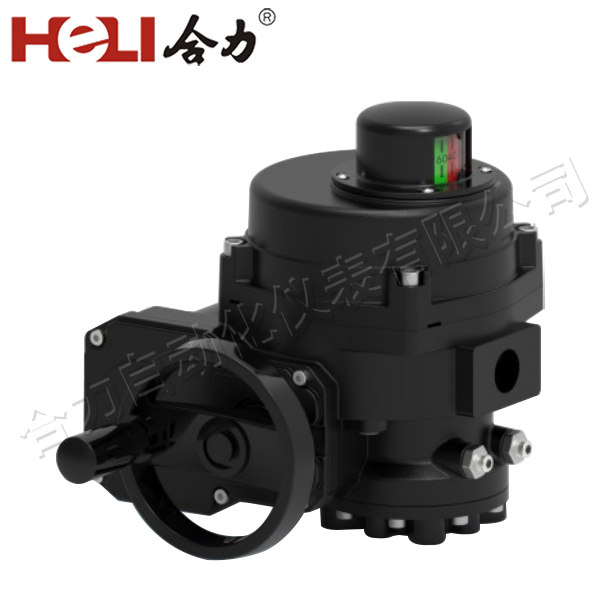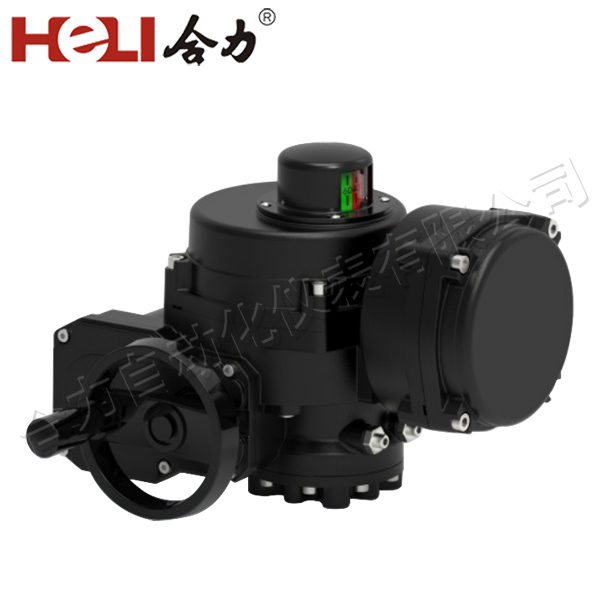As the world grapples with the challenges of climate change and the need for sustainable energy sources, hydrogen energy has emerged as a promising solution. Hydrogen, the most abundant element in the universe, can be harnessed to produce clean energy with minimal environmental impact. This article explores the significance of hydrogen energy, its applications, and the considerations involved in electrical installations related to hydrogen energy systems.

Understanding Hydrogen Energy

Hydrogen energy refers to the energy derived from hydrogen, primarily through processes like electrolysis, where water is split into hydrogen and oxygen using electricity. The hydrogen produced can be stored and later used in fuel cells or combustion engines to generate electricity, with water as the only byproduct. This clean energy cycle positions hydrogen as a key player in reducing carbon emissions and transitioning to a sustainable energy future. Applications of Hydrogen Energy Fuel Cells: Hydrogen fuel cells convert chemical energy into electrical energy through an electrochemical reaction. They are used in various applications, from powering vehicles to providing electricity for buildings. The efficiency of fuel cells makes them an attractive alternative to traditional fossil fuels.
